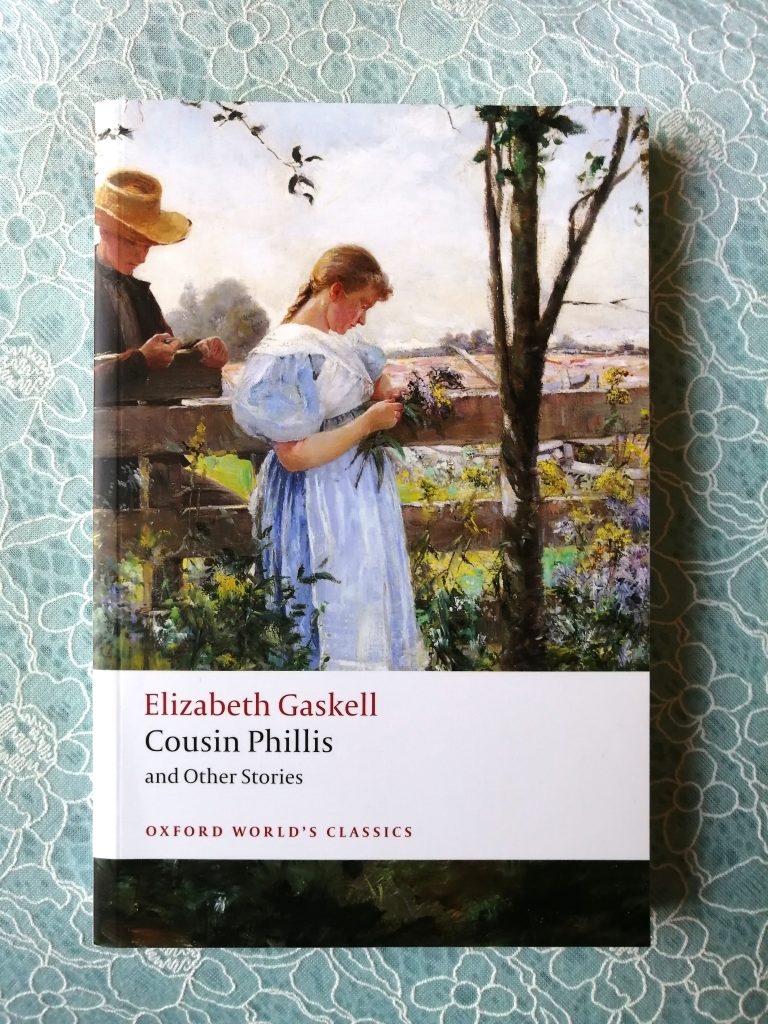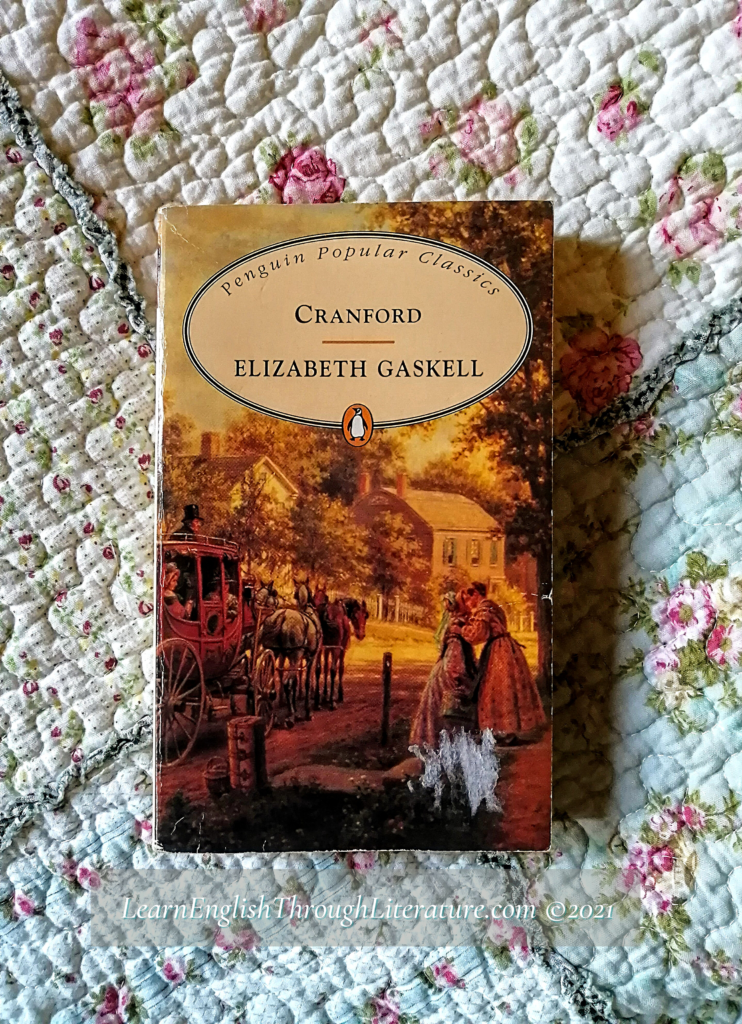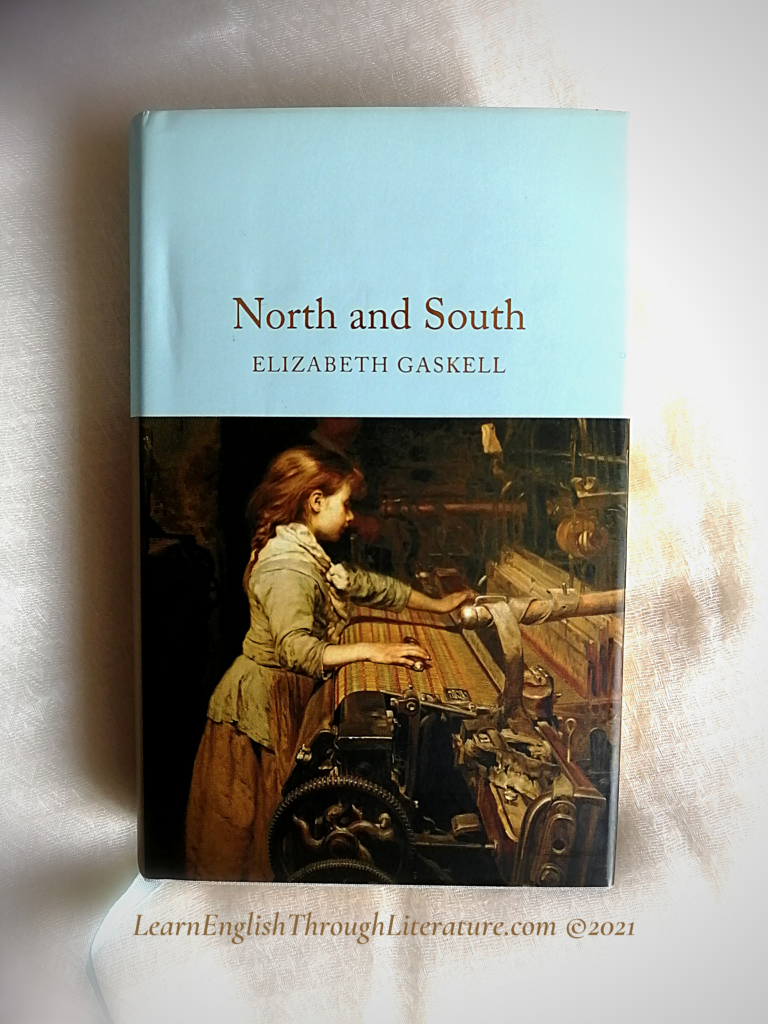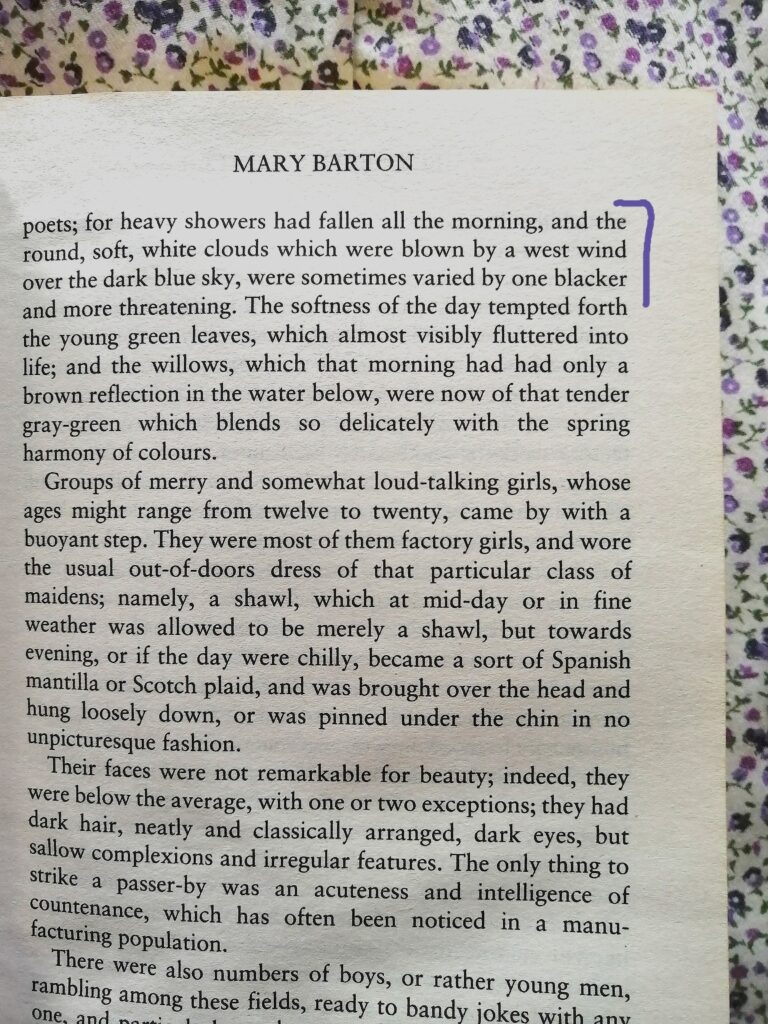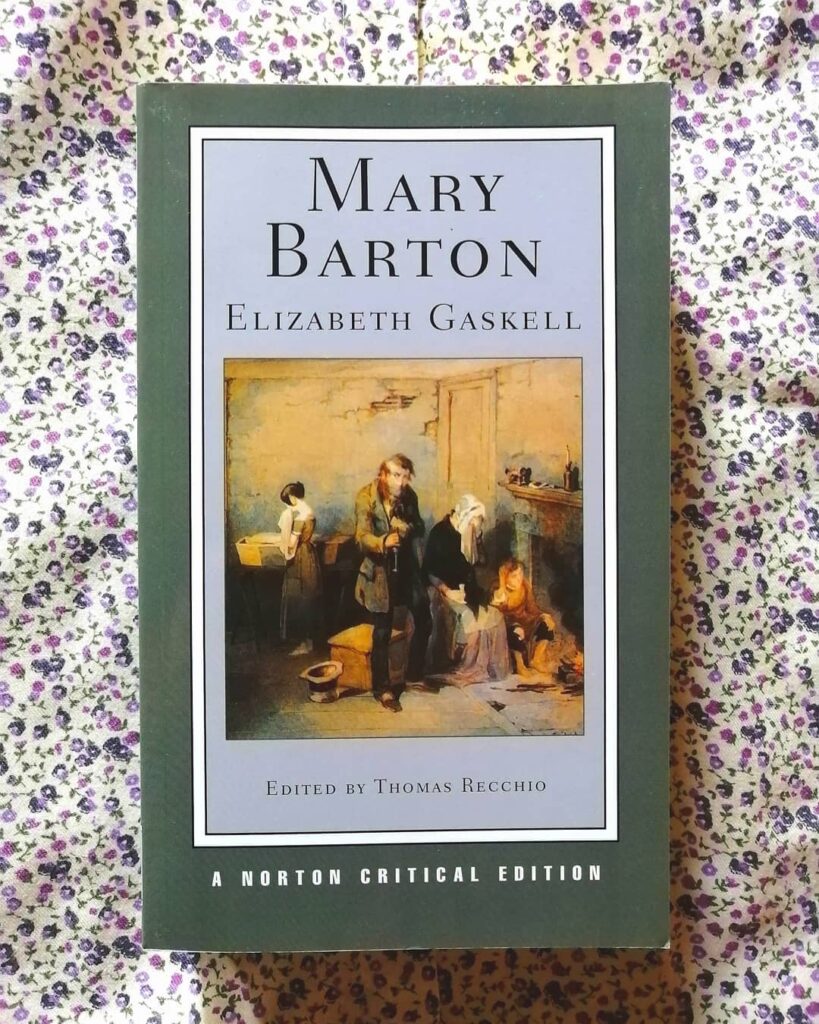Lesson #278: ‘All Impatience To Be Off …’: 7 Negative Prefixes in Gaskell’s ‘Cousin Phillis’ (1864)
Have you heard of negative prefixes in English before? 🧐 👩🏫 While the grammatical term is a bit of a mouthful, they are nothing to worry about. In fact, they are useful little syllables that we place at the beginning of a word (a noun, adjective, adverb, or verb) to indicate that its meaning has […]

